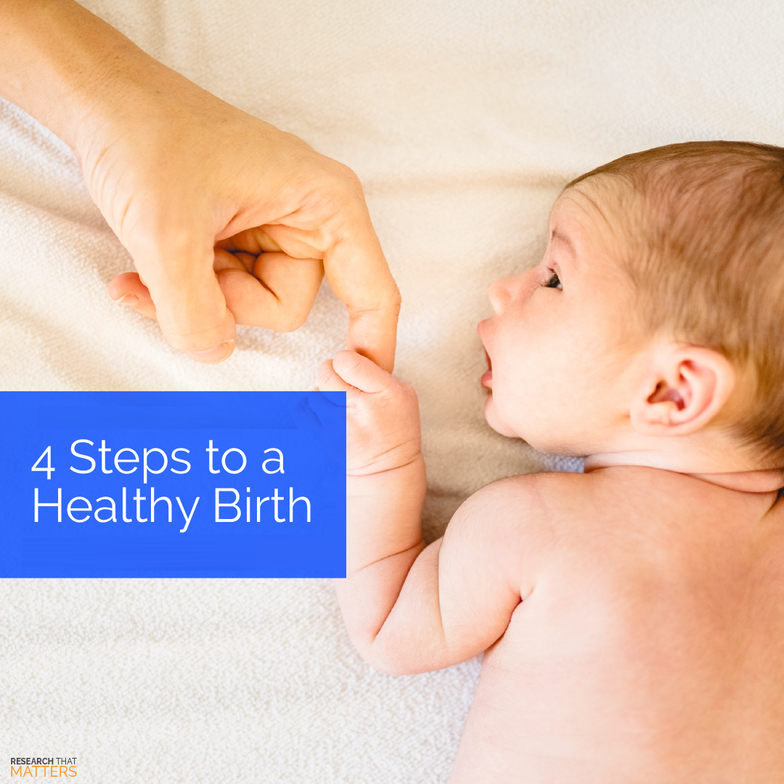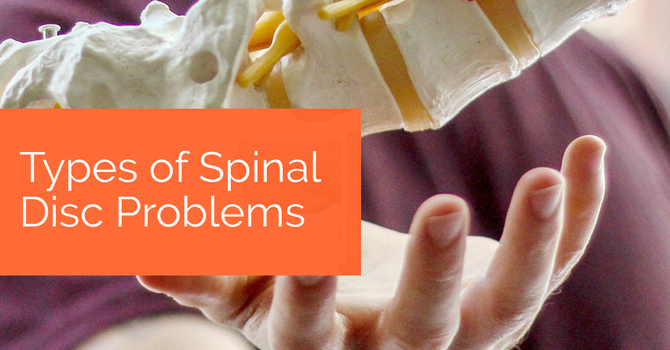
Bottom Line:
With all of the advances in medical science, it may come as a surprise to discover that many of the technological interventions used in modern maternity management don’t seem very evidence based. Afterall, the natural birth process is designed to be relatively simple - it's been going on for hundreds of thousands of years! A woman's own body can grow, birth, and nourish a baby.
Why it Matters:
The use of intravenous lines, continuous monitoring, and restricted movement can often make labor more difficult by both increasing stress and interfering with the natural process, which can then increase the risk of complications.
Knowing this, the World Health Organization recommends four care practices that promote, support and protect a normal birth process.
-
Let labor begin on its own. In many cases, inducing labor can increase the risk of complications for mother and child.
-
Move and change positions during labor. Moving around can help labor progress and may shorten the total labor time.
-
Bring a loved one or Doula for support. Labor support has been sown to reduce the likelihood of cesarean section and improve the birth experience.
-
Avoid interventions that aren't necessary. Continuous electronic monitoring hasn't been shown to provide better outcomes for the baby and may increase the risk c-section.
Next Steps:
Welcoming a child is a special event, and no one decision should be taken lightly. It's essential to understand and respect the body's natural ability to navigate the process. Our practice is proud to work with a variety of midwives, doulas, and OB-GYNs in our community. Together, we can help create a better birth experience and make it as comfortable as possible!
Science Source(s):
Safe, Healthy Birth: What Every Pregnant Woman Needs to Know. The Journal of Perinatal Education. 2009.





